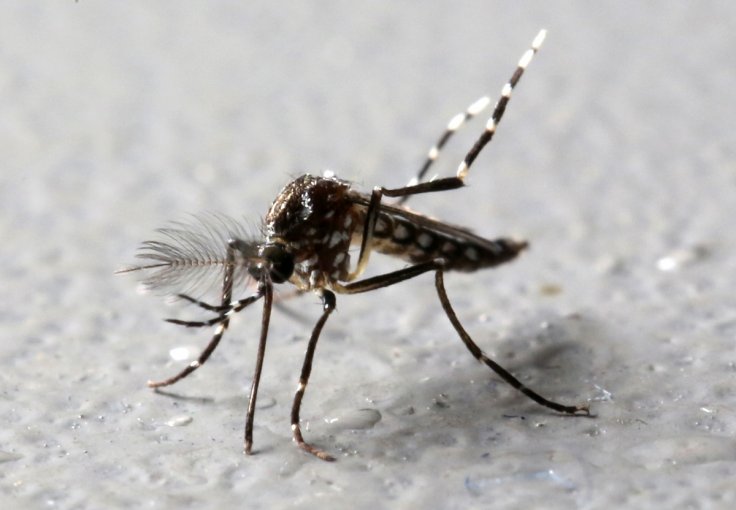
Singapore's first Zika virus infection case of 2018 has been confirmed on Thursday after nearly four months without a reported case. The Ministry of Health said that this latest report is also the first case since September 29, 2017.
On Tuesday, the ministry said that the patient sought outpatient treatment and is recovering well. However, the authorities did not comment about the origin of the infection. It cited patient's confidentiality and did not reveal any other details on the case.
Zika is a mosquito-borne virus that was first identified in Uganda in 1947. It can be passed from a pregnant woman to her unborn baby. Zika virus can cause birth defects and can also result in microcephaly in which the baby's head is smaller than expected.
In cases of adults, Zika infections have been linked to a rare neurological syndrome known as Guillain-Barre and other neurological disorders as well.
In August 2016, Singapore reported the first case of locally transmitted Zika virus and by the end of that year, about 450 people in the country were confirmed to have been infected with the virus.
Last year, Channel NewsAsia quoted the Health Ministry as saying that out of the 17 women who were diagnosed with the virus during their pregnancies in 2016, two had their pregnancies terminated while one had a miscarriage. However, the reasons for such incidents were not linked to Zika. According to the ministry, 14 other women gave birth to babies with no signs of microcephaly.
The National Environment Agency posted on their website that there are no Zika clusters in Singapore as of now. It seems that the Jan 18 case is an isolated one.
The World Health Organisation said people infected with Zika can have symptoms including mild fever, skin rash, conjunctivitis, muscle and joint pain, malaise or headache. These Zika symptoms normally last for two to seven days.
There is no treatment or vaccine for Zika infection yet. Companies and scientists are working to develop a safe and effective vaccine for the virus. Zika is commonly said to be a close cousin of dengue and chikungunya.









